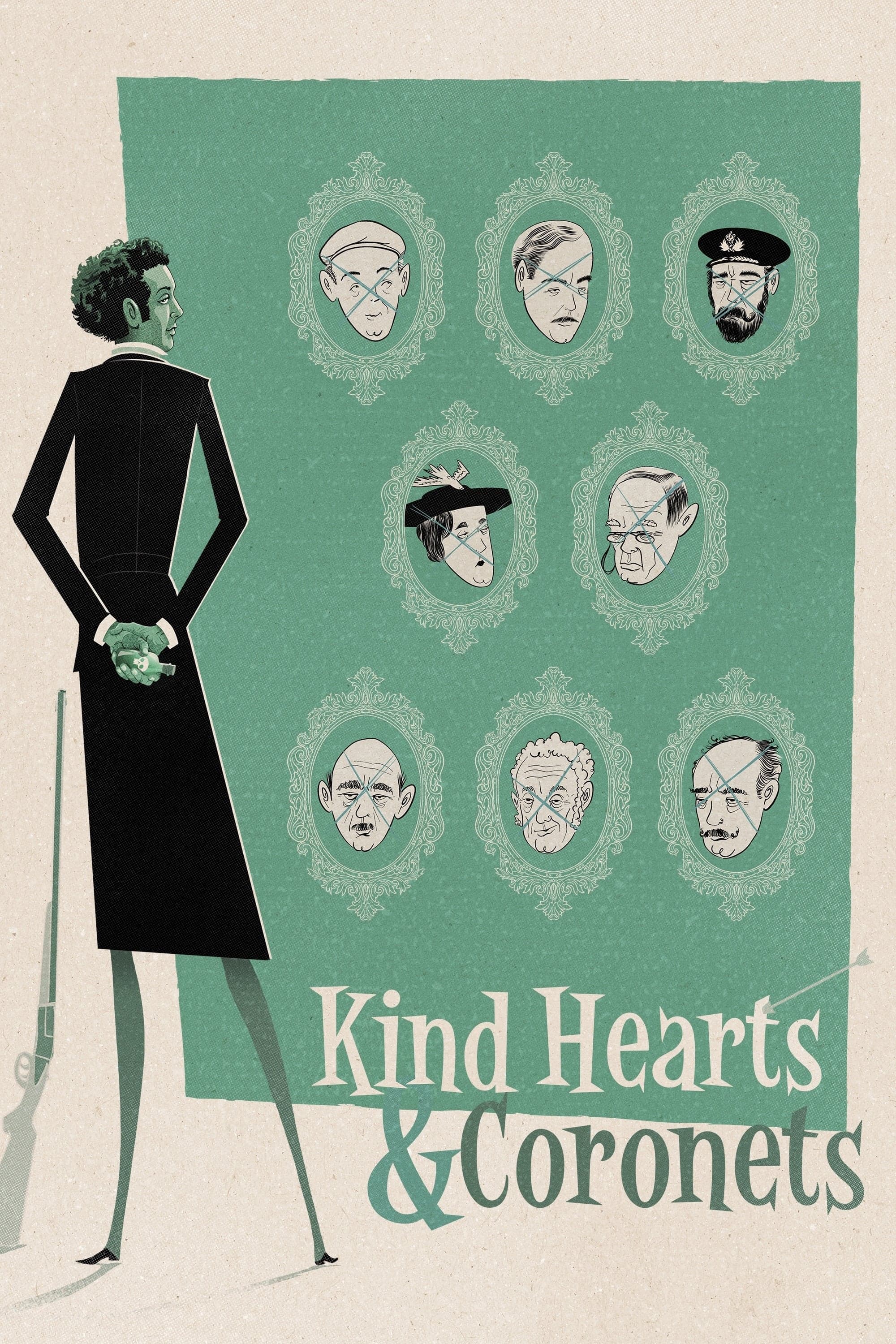
Kind Hearts and Coronets
1949
Rate this movie
Average: 0.00 / 5
(0 votes)
Director
British black comedy is born with this film. Not just a mere precursor, but the canon itself, the first archetype to dissect class hypocrisies and the intrinsic madness of hereditary power with a sharp scalpel and treacherous grace. Robert Hamer's work stands out for the subtle strength of an irony that is never pedantic, of a whispered sarcasm, of a parody never emphasized by the narration, but rather evoked by a sober, non-linear alteration of events in a humorous key. It is a comedy of gestures more than expressions, of sharp intelligence more than explicit slapstick.
In short, one laughs, but through gritted teeth and with the brain always in a state of vigilant alert to grasp every Machiavellian symbolism that Hamer skillfully throws onto the screen with demonic dexterity. It is a humor that requires the intellectual complicity of the viewer, inviting them to decipher the cracks beneath the veneer of respectability and convention. The narration, with its ellipses and anticipations, is not a mere stylistic expedient, but a refined game of deconstruction, almost an anticipation of certain formal experimentations that would blossom decades later, revealing Hamer's intrinsic modernity in handling rhythm and comic suspense.
The story centers on the ruthless ambition of Louis Mazzini (Dennis Price), a nobleman stripped of his ducal title due to his mother's tempestuous romantic past, as she was disinherited for marrying an Italian, an unsustainable "stain" on the pure "blue blood" of the D'Ascoynes. Determined to acquire the title of Lord at all costs, Mazzini plans the systematic elimination of every heir to the dukedom, with an almost calculating lucidity and a chilling nonchalance. His is a crusade against a rigid and anachronistic system, a settling of scores with the aristocracy that rejected him. The absurdity of his conduct, carried out with surgical precision and an almost British elegance, is the beating heart of this bitter comedy. The culmination of mocking irony is reached when, after having eliminated eight rivals with increasingly ingenious and grotesque methods, Louis is imprisoned for a murder he did not commit, the perfect irony of fate condemning the guilty for the wrong crime.
At the center of this gallery of miseries and vices stands out the chameleon-like and, to say the least, astonishing performance of Alec Guinness. His portrayal of no fewer than eight characters – the various and unfortunate designated victims, including even a woman, Lady Agatha – is not a mere demonstration of imitative virtuosity, but rather a grotesque yet unsettlingly plausible incarnation of the different archetypes of the decadent nobility. From a dull-witted general to a petulant suffragette, from a pompous banker to an eccentric reverend, Guinness sketches a series of pungent portraits that, even in their caricature, reveal the emptiness and hypocrisy of an entire social class. Each character is a compendium of vices and ridiculousness, a mocking warning that the most ancient institutions are often the most fragile and the most ridiculous, if only one has the courage to look at them through the distorted lens of the most ruthless irony. This mastery of transformation, combined with the ability to imbue each figure with an indelible imprint, elevates the film to a level of acting virtuosity rarely equaled.
It is no coincidence that Peter Sellers would ideally inherit his legacy in Stanley Kubrick's Dr. Strangelove, also playing three distinct roles. The parallel goes beyond mere multi-role exhibition, extending to a shared propensity for corrosive satire, for intellectual humor that unmasks the follies of power and the human soul. Both films are masterpieces in their genre, examples of how comedy can be a powerful instrument of social critique, capable of making one laugh and reflect simultaneously.
While much of Ealing Studios' output was intended to offer a reassuring balm to the wounds of the post-war era, with its more good-natured and nationalist character comedies, Kind Hearts and Coronets presented itself as a bitter tonic, a catharsis through the most sardonic laughter. Not an escape, but a relentless reflection on class obsession and the intrinsic hypocrisy of British society. Its influence extends far beyond English cinema: echoes of this film can be traced in the caustic humor of Monty Python (albeit with a different approach to silliness), in the acidic irreverence of certain French comedies, or even in the formal elegance and surreal vein of a Wes Anderson, in his almost geometric formalism and his ability to bring out the absurd from the everyday.
It is a work that we do not hesitate to define as vital in the birth of modern comedy, a beacon that has illuminated the path for generations of directors and screenwriters who are not afraid to explore the dark side of the human soul with lightness and perfidy. Decades after its first screening, Kind Hearts and Coronets still retains the hallmarks of a masterpiece, proving to be a timeless warning about the absurdity of ambition and the fragility of social conventions. Its irony, far from being dated, continues to resonate, demonstrating that true comedy, that which touches the chords of our intelligence, is by its nature immortal.
Country
Gallery
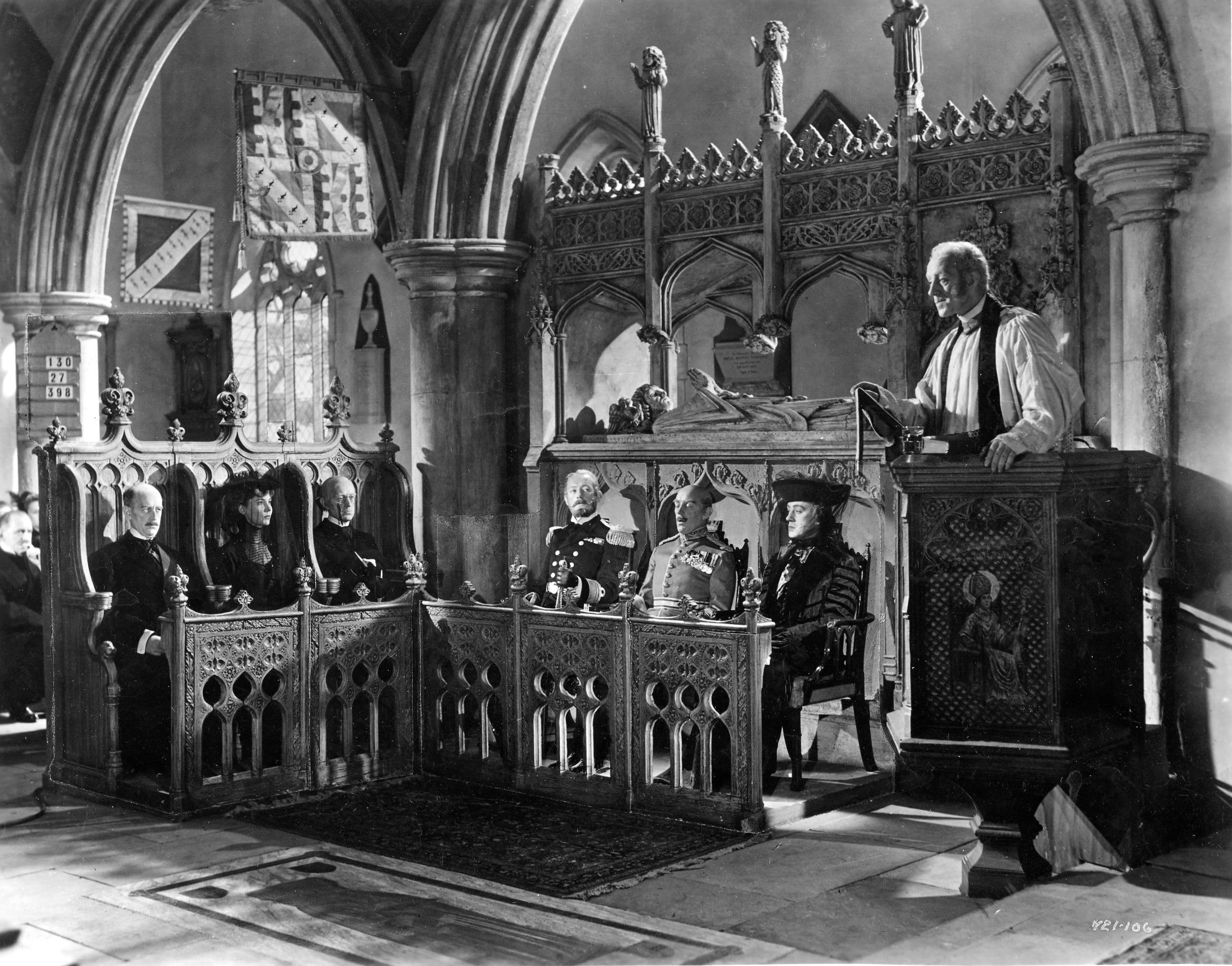

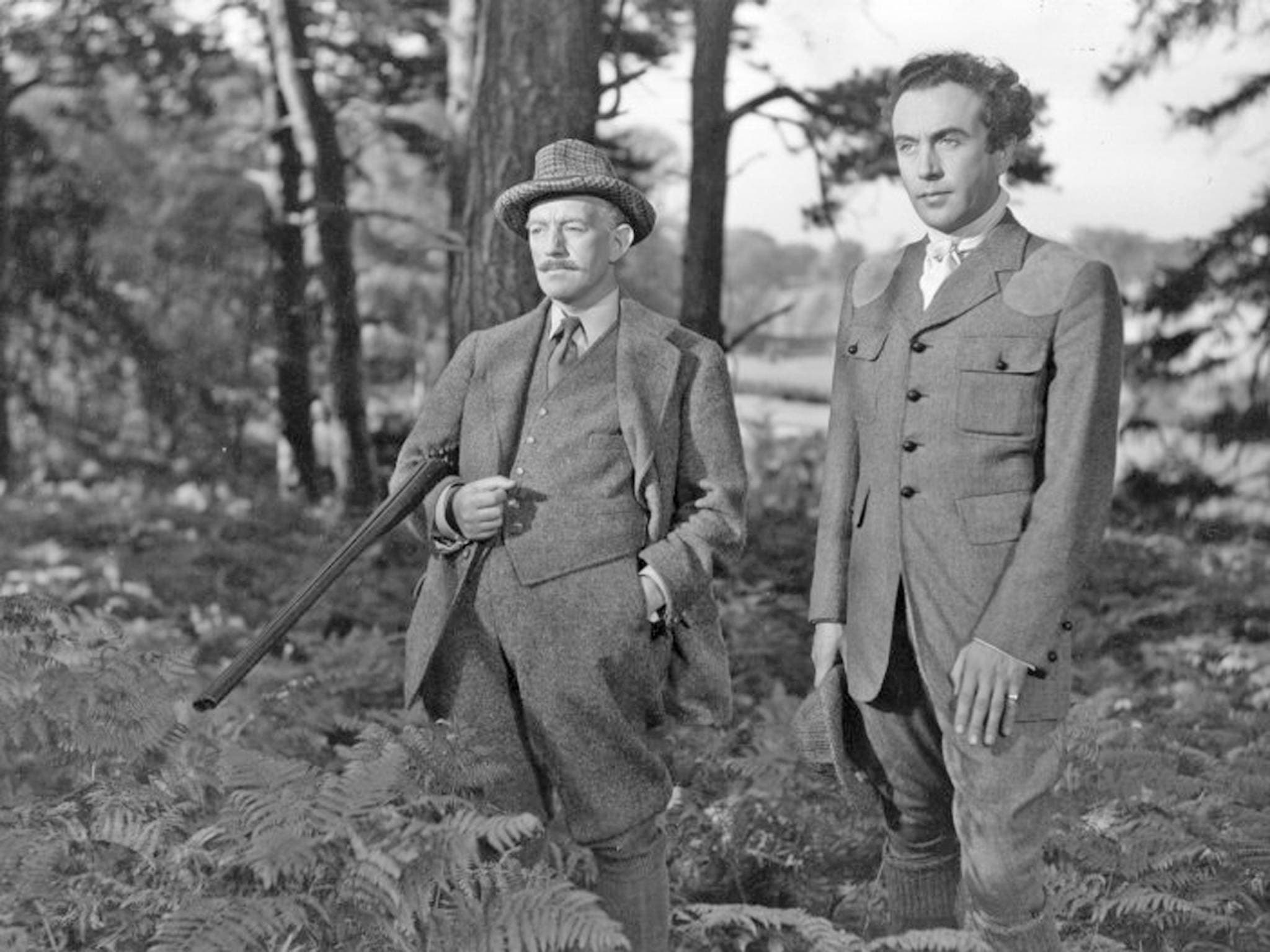

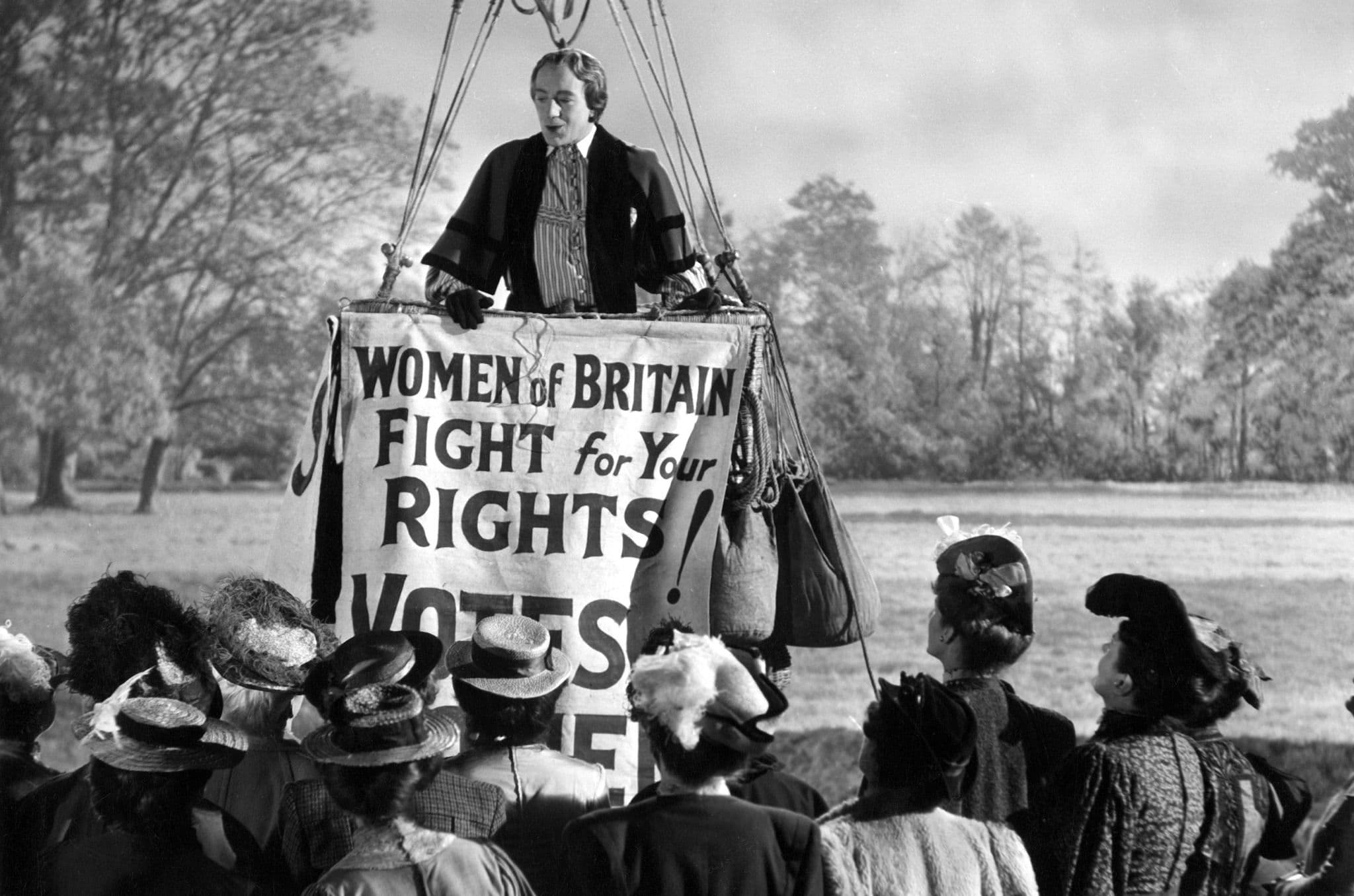
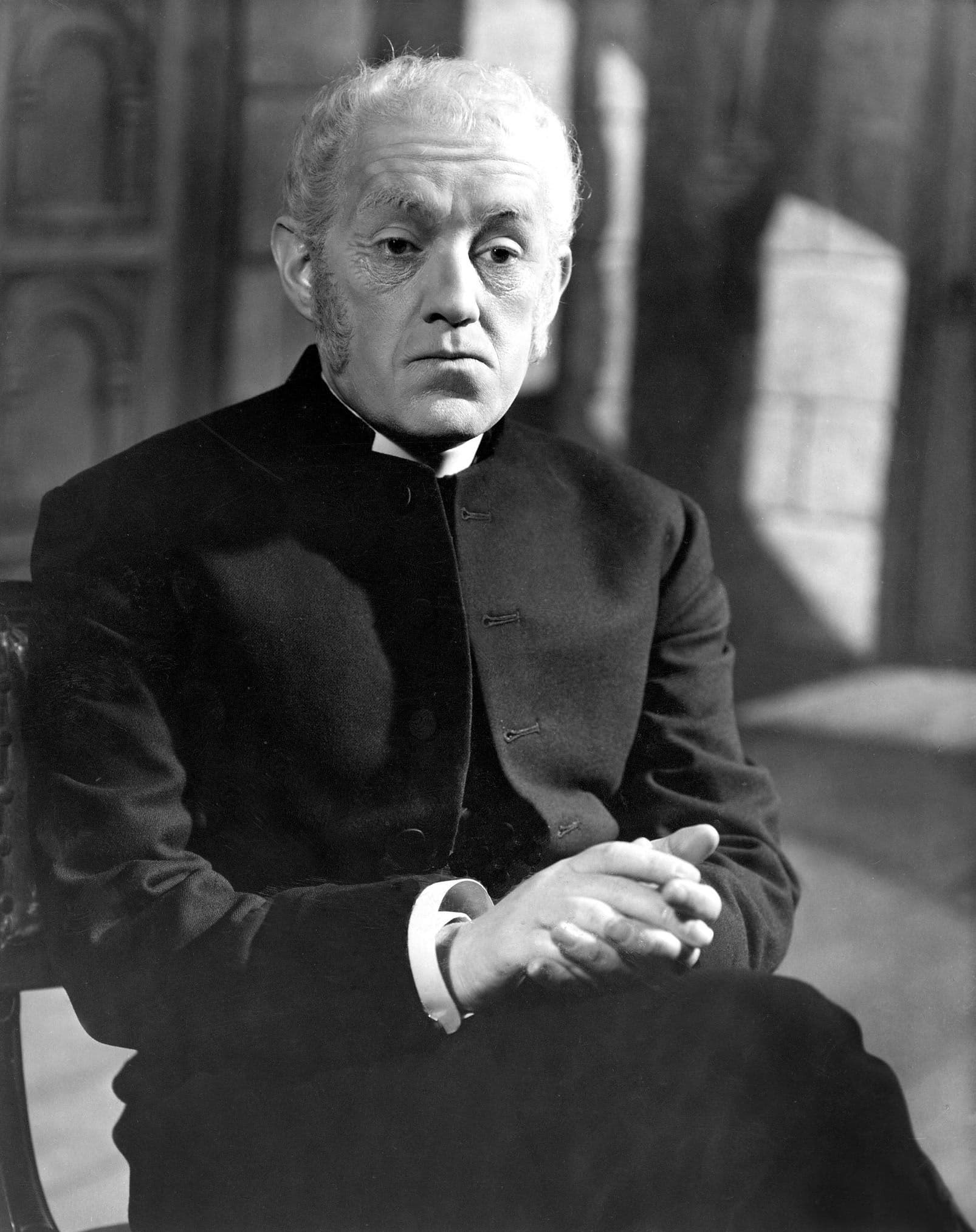
Featured Videos
Official Trailer
Comments
Loading comments...